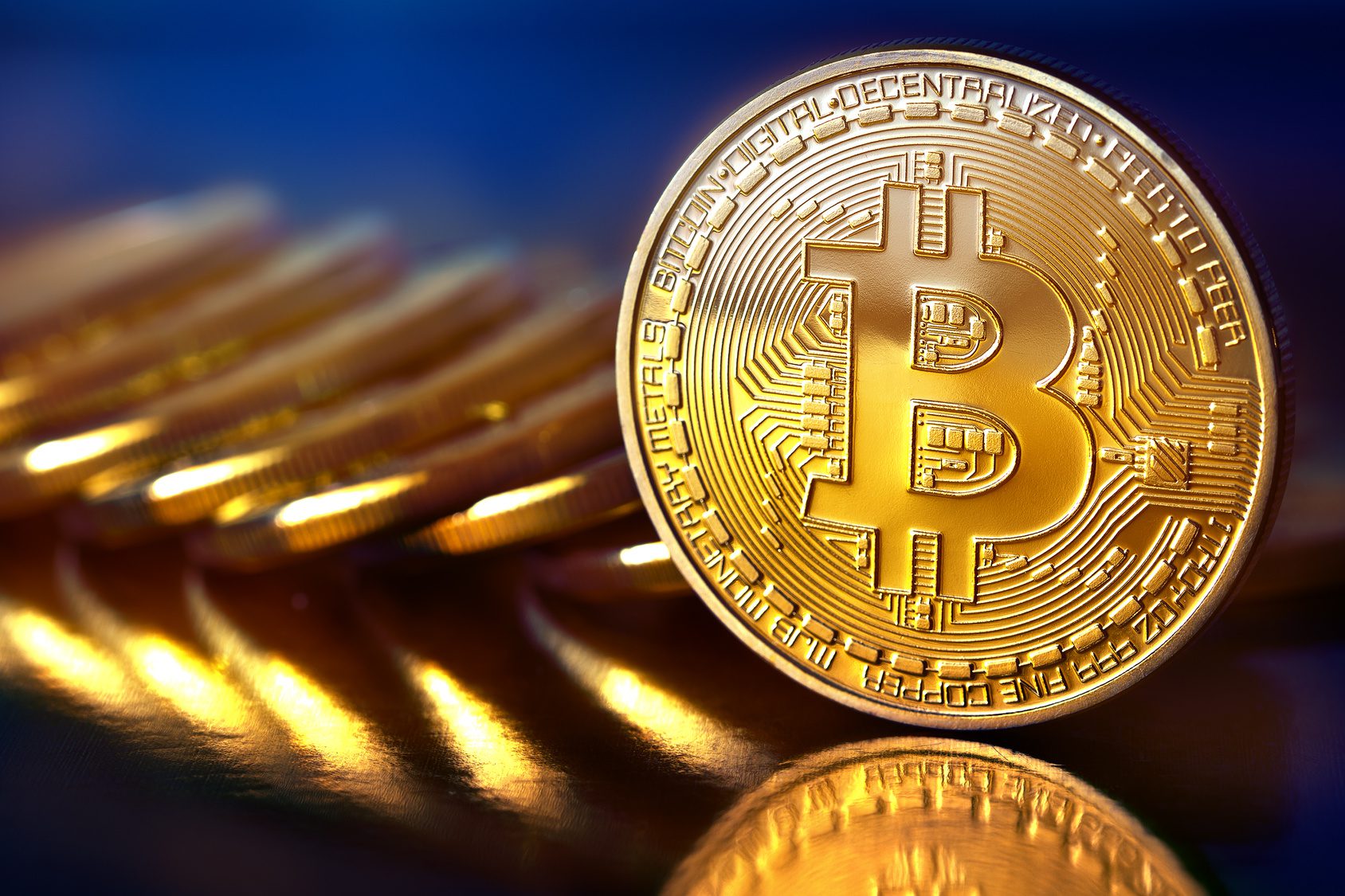The amount of effort to produce digital wallets appears to have benefited mostly just one player, PayPal, as consumers know of few others, new research from comScore Inc. suggests.
Just 51% of consumers the company surveyed said they were aware of wallets other than PayPal’s, and 41% said they knew of Google Wallet. Other wallets evaluated and the percentage of respondents who knew of them were MasterCard PayPass Wallet, 13%; Square Wallet, 8%; Visa’s V.me, 8%; Isis, 6%; Lemon Wallet, 5%; and Level Up, 5%.
ComScore defined digital wallets as virtual copies of the contents in consumers’ physical wallets to facilitate retailing in stores or online. It based its research on an opt-in panel of 1 million U.S. consumers and two separate November surveys of more than 2,000 U.S. Internet users.
From comScore’s press release:
The study revealed that security remains a top consumer concern, but that a significant portion of consumers are not aware of security features inherent in digital wallet usage. While 93 percent of consumers would prefer to use a digital wallet that has to be unlocked before use, an average of just 57 percent of respondents across the brands studied realized – after having reviewed the digital wallet website – that this locking feature was available.
The research findings underscore the importance of known, trusted brands and how consumers perceive their ability to provide a secure wallet environment and process. But it also illustrates the need for appropriate marketing and education, which only the top companies will be able to afford over the long haul. Because a variety of major players in payments, banks in particular, have yet to venture into mobile payments, expect consumer understanding of digital wallets to improve as financial institutions begin to merge payments at the point of sale and online with their mobile-banking services over the next 18 to 24 months.
Even then, and while consumers tend to trust banks more than others with the handling of their money, banks have had difficulty getting many of their customers to even use online banking and bill-pay, so even their bolstered wallet-education efforts could take years to produce significant traction. Just changing consumers’ buying habits generally will take a long time.
Click here to read more from comScore’s press release.











